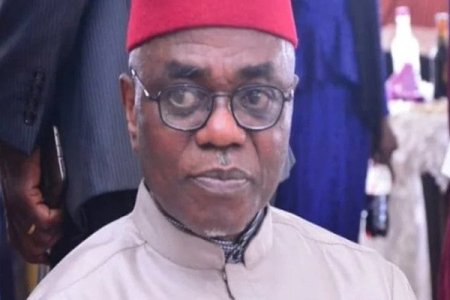
Edo State Assembly Deputy Majority Leader was ejected from plenary for improper dressing and wearing dark shades. The speaker enforces House rules after the point of order is raised. The incident sparks debate on dress codes in legislative bodies and the balance between personal expression and institutional norms in Nigerian politics.
In an unexpected turn of events, the Edo State House of Assembly witnessed a dramatic moment during Wednesday's plenary session. The Speaker, Blessing Agbebaku, ordered the Deputy Majority Leader, Natasha Osawaru, to leave the chamber due to improper dressing and wearing dark shades.
The incident unfolded when Nicholas Asonsere, representing Ikpoba Okha Constituency, raised a point of order concerning Osawaru's attire. Asonsere emphasized the sanctity of the chamber and the need to uphold its decorum, citing the assembly's rules as the guiding principle for conduct and appearance.
Speaker Agbebaku, in enforcing the dress code, stressed that his decision was not personal but in strict adherence to the House rules. He reiterated that improper dressing and wearing dark shades are prohibited within the assembly.
This occurrence highlights the importance placed on formal etiquette and dress codes in Nigerian legislative bodies. It also raises questions about the balance between personal expression and institutional norms in political spaces.
The incident has sparked discussions about the relevance of strict dress codes in modern governance and whether such rules might be outdated or overly restrictive. Some observers argue that the focus should be on legislative performance rather than appearance, while others maintain that proper attire reflects respect for the institution.
As news of the event spreads, it's likely to generate further debate about legislative protocols and the power dynamics within state assemblies. The incident may also prompt a review of dress code policies in Edo State and potentially in other legislative bodies across Nigeria.



![[VIDEO] Mrs. Rita Lori Ogbebor Speaks Out Against Wike’s Land Revocation in Abuja](/data/attachments/211/211404-a400a2e81c27adeaef611b4d00f4dd0d.jpg?hash=s1cbV1GKAD)

